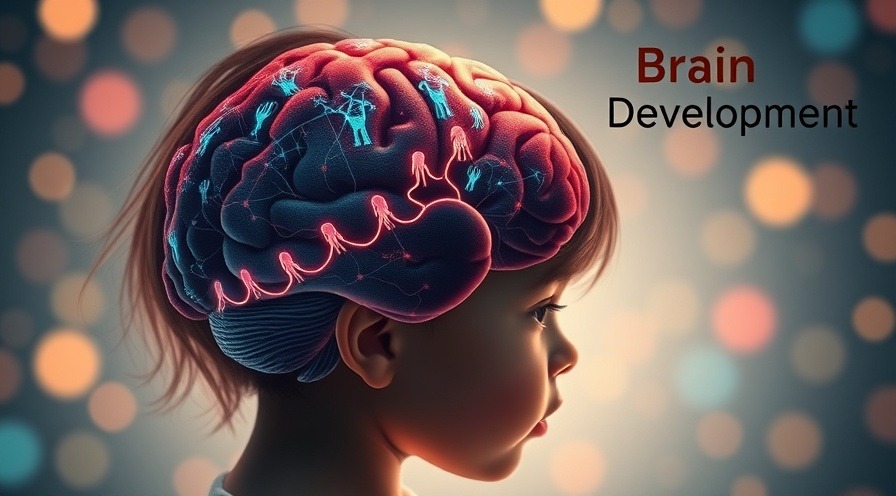
The Hidden Toll of Two-Hit Stress on Mice
Experiencing stress is bad enough, but what if your life kicked off with a double whammy? Recent research from Kyoto University has unveiled the concept of "two-hit stress," where an initial traumatic event (like an infection during pregnancy) paves the way for subsequent social stress that can have lifelong impacts on mental health. The study focused on mice, but its implications for understanding human psychology are profound.
What Is Two-Hit Stress?
Two-hit stress comprises two significant stressors: first, the maternal immune response to an infection during pregnancy, and second, social stress and environmental pressures experienced during early childhood. The combination of these two stressors seems to create a snowball effect, leading to cognitive dysfunction and emotional challenges in adulthood. Researchers observed notable increases in anxiety-like behavior among affected subjects, highlighting a potential link between prenatal conditions and later mental health outcomes.
Brain Changes: What the Study Revealed
The study, published in Communications Biology, showed that mice exposed to two-hit stress displayed significant abnormalities in the cerebellum, an area crucial for regulating emotions and behavior. There were substantial increases in microglia, the immune cells in the brain, contributing to the neural changes. This led to a loss of neurons and lowered connectivity across brain networks, indicating potential areas of dysfunction and challenges for emotional self-regulation.
Resilience: A Potential Path Forward
On a hopeful note, researchers found that using microglia replacement therapies could help reverse some of the detrimental effects of two-hit stress, particularly in female mice, who exhibited greater resilience. These findings suggest that therapies could be tailored based on sex, possibly aiding the development of more personalized mental health treatment strategies.
Implications for Human Mental Health
While these findings are based on animal studies, they raise critical questions about how prenatal and early-life experiences shape our own mental health. This research underscores the importance of minimizing stressors for expecting mothers and ensuring supportive environments for children during their formative years. Acknowledging the potential long-term impacts of early stress can inspire proactive measures in healthcare and mental wellness initiatives.
Practical Stress Relief Techniques for Busy Professionals
Understanding the effects of stress on mental health is crucial, but managing that stress in our daily lives is equally important. Here are some quick stress relief techniques suited for busy professionals:
- Deep Breathing Exercises: Taking five minutes to engage in deep breathing can help reduce anxiety instantly. Techniques like box breathing can be effective, where you inhale for 4 seconds, hold for 4, exhale for 4, and hold again for 4.
- Mindfulness Moments: Using brief moments throughout your day to practice mindfulness can help maintain mental clarity. Simple strategies like focusing on your breath can ground you amidst a chaotic work environment.
- Progressive Muscle Relaxation: Tense and then relax each muscle group starting from the toes and working up to your head, taking a full body approach to stress relievers.
Encouraging a Resilient Mindset
Practicing self-care is vital to combat the effects of stress not only in the workplace but in everyday life. Regular exercise, maintaining a balanced diet, and engaging in leisure activities contribute to a holistic approach to mental well-being. Additionally, fostering supportive relationships can buffer against stress.
Call to Action
As mental wellness becomes an increasingly discussed topic, consider taking a moment to reflect on your own stress management practices, and explore ways to implement effective techniques into your daily routine. Your mental health matters, and making small, consistent changes can lead to improved overall well-being.
 Add Row
Add Row  Add
Add 




 Add Row
Add Row  Add
Add 

Write A Comment